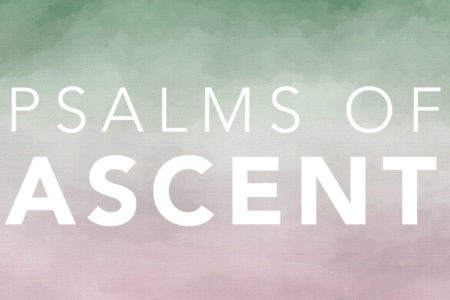From the Editor Sep/Oct 2015
Dear Friends,
A few months ago, the husband of one of my dearest friends died of a heart attack while eating lunch. One minute he was alive; the next, he wasn’t. My friend told me the ambulance arrived in only five minutes. While she waited, she administered CPR, but to no avail. He was gone.
He died two days before his 66th birthday. He had rarely been sick. He had no history of heart problems. He took no medicine. He was healthy. But when God decides your life on Earth is over, it’s over.
Perhaps that’s why the psalmist wrote, “What profit is there in my blood, when I go down to the pit? Will the dust praise You? Will it declare Your truth?” (Ps. 30:9). We must worship and praise God in the land of the living, while we still have breath.
Of the 277 uses of the word praise in the New King James Bible, more than half (164) are in the book of Psalms, the song-book of Israel.
At the funeral, the officiating pastor turned to the psalms for comfort. Praising God, in fact, provides deep comfort because it acknowledges God’s existence and His unparalleled power, mercy, and love. Praising God concedes that He is in control, regardless of world conditions or our sometimes depressing circumstances.
The ancient Israelites turned to the psalms when they made their pilgrimage to the Temple three times a year. They sang Psalms 120 through 134, known as the Songs of Ascents.
So we thought that it might be good to reflect on these Scriptures and the fact that Jehovah, the God we serve, is almighty; all knowing; and always worthy of our devotion, worship, and praise.
I asked Elwood McQuaid to write on Psalm 126 because I know it has a special significance for him that I believe you will appreciate. So look for his article on page 10, rather than in the lineup we’ve titled “Pilgrim Songs.”
We hope this issue will lift your spirits and help you focus on the One who loves you and “shall preserve your going out and your coming in from this time forth, and even forevermore” (Ps.121:8).
Waiting for His Appearing,
Lorna Simcox
Editor-in-Chief





